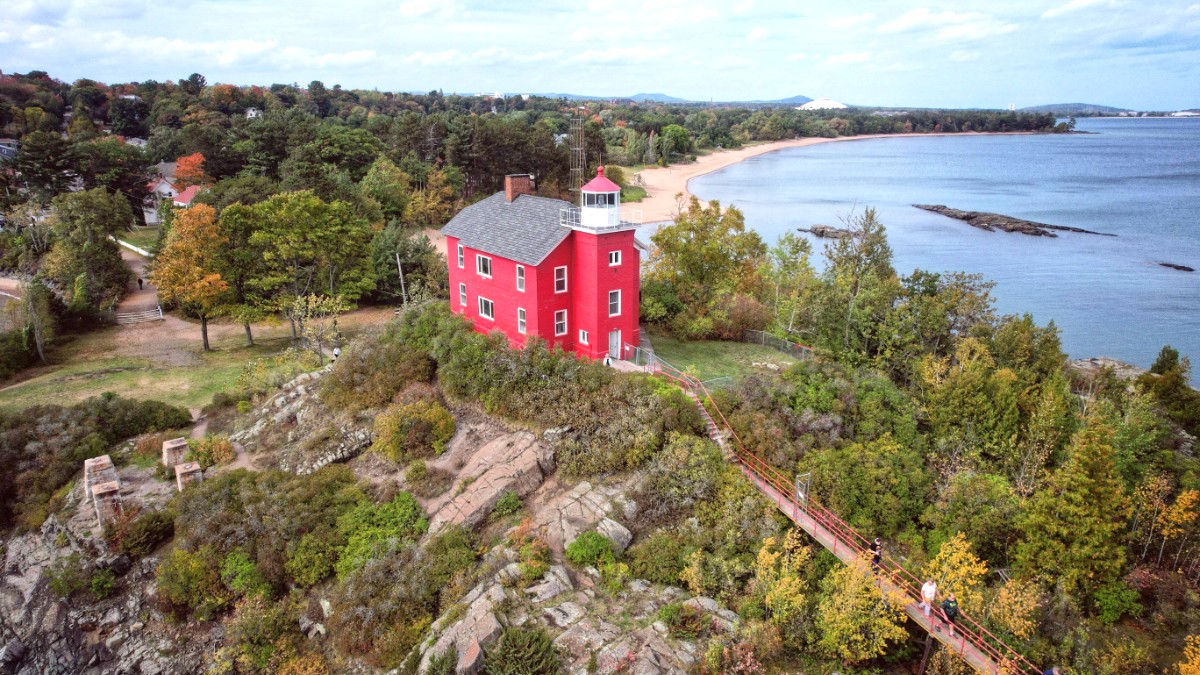
Great Lakes, USA
Major U.S. Carriers offer mobile phone service. Coverage is generally present in towns and along major highways.
Wi-Fi is common in hotels, motels, cafes, and public libraries in towns.
English is the universal language in the Upper Peninsula. No significant language barriers for English speakers.
Locals are generally friendly and welcoming. No specific phrases are needed beyond standard American English.
Consider a satellite messenger for truly remote wilderness trips where cell service is non-existent.
Understand typical operating hours to plan your activities and errands efficiently.
Most retail shops operate from 9 or 10 AM to 5 or 6 PM, Monday through Saturday.
Lunch service runs from 11 AM to 2 PM, dinner from 5 PM to 9 PM. Some diners open earlier for breakfast.
Banks are typically open from 9 AM to 5 PM, Monday through Friday. Some locations have limited Saturday hours.
Automated Teller Machines (ATMs) are widely available in towns, at banks, grocery stores, and larger gas stations.
Many tourist-dependent businesses close entirely or operate on limited schedules from late October/early November through April.
Confirm hours of operation for attractions and dining, especially if traveling during shoulder or off-peak seasons.
Understand local customs for seamless social interactions and photography.
Greetings are casual. A simple "hello" or "hi" is common.
Casual and practical clothing is suitable for most settings in the Upper Peninsula.
Generally, photography is permissible everywhere in public spaces.
Avoid discussions of politics or religion with strangers.
Always prioritize respect for local communities, cultures, and the natural environment during your travels.
The Upper Peninsula offers varying levels of accessibility for travelers.
Varies significantly across the region for travelers with mobility challenges.
A rental car with appropriate modifications is generally the most flexible option for accessibility.
Some state park visitor centers and main viewing areas are designed to be accessible.
Limited specialized services for travelers with visual or hearing impairments.
Detailed planning and direct communication with service providers are recommended for specific accessibility needs.